
The majority of HIV infections are sexually transmitted or are associated with pregnancy, childbirth and breastfeeding.
Our work links prevention with treatment, care and support, reduces HIV-related stigma and discrimination, and responds to unique regional and national characteristics of the epidemic.
Articles about HIV and STIs
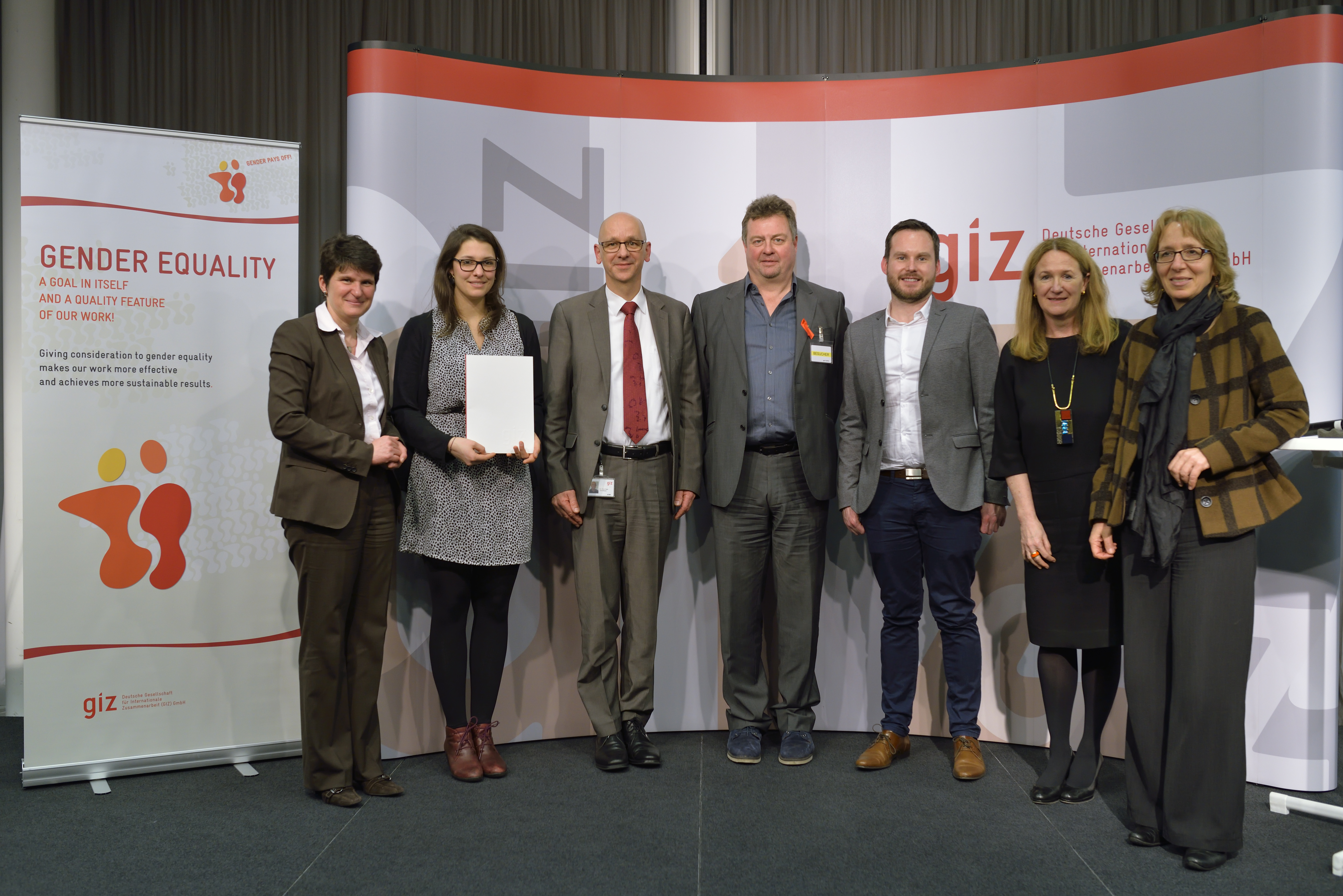
IPPF recognized in the GIZ Gender Prize 2016
IPPF has been recognized in the GIZ Gender Prize 2016 competition which promotes gender mainstreaming. Deutsche Gesellschaft für Internationale Zusammenarbeit (GIZ), a leading provider of international cooperation services for sustainable development, holds an annual internal Gender Competition to promote creativity and innovation for gender equality in their sustainable development work. GIZ’s global BACKUP Health programme won first prize for promoting gender equality within programmes funded by the Global Fund to fight AIDS, Tuberculosis and Malaria. The collaborative ‘Shadows and Light’ project with IPPF was highlighted for its gender transformative approach to sexual and reproductive health (SRH) and HIV services for all, including women and girls, men and boys, and anyone perceived to be outside of the norms that constitute what are ‘feminine’ and ‘masculine’, including lesbian, gay, bisexual, transgender and intersex people. Delivered by IPPF Member Associations in Cameroon, Kenya, India and Uganda, the three-year project focused on men who have sex with men, sex workers, people who inject drugs, and transgender people – populations at increased risk of HIV and other STIs – and set out to improve the linked sexual and reproductive health and HIV needs of these key populations. Alan Smith, IPPF’s Senior Advisor, HIV said: “I am very pleased that IPPF is recognised - with our partners GIZ - for this gender award linked to International Women’s Day, in particular for our innovative Shadows and Light project which focusses on the rights of key populations and challenges traditional gender norms.” Other winners included a renewable energies and energy efficiency programme in Mexico and a vocational training and sustainable development initiative in Ghana. Eighty seven teams from 52 countries participated in the competition which covered the fields of governance, economic development and employment, environment, climate change and biodiversity, agriculture and rural development, energy, public finance, education and health.
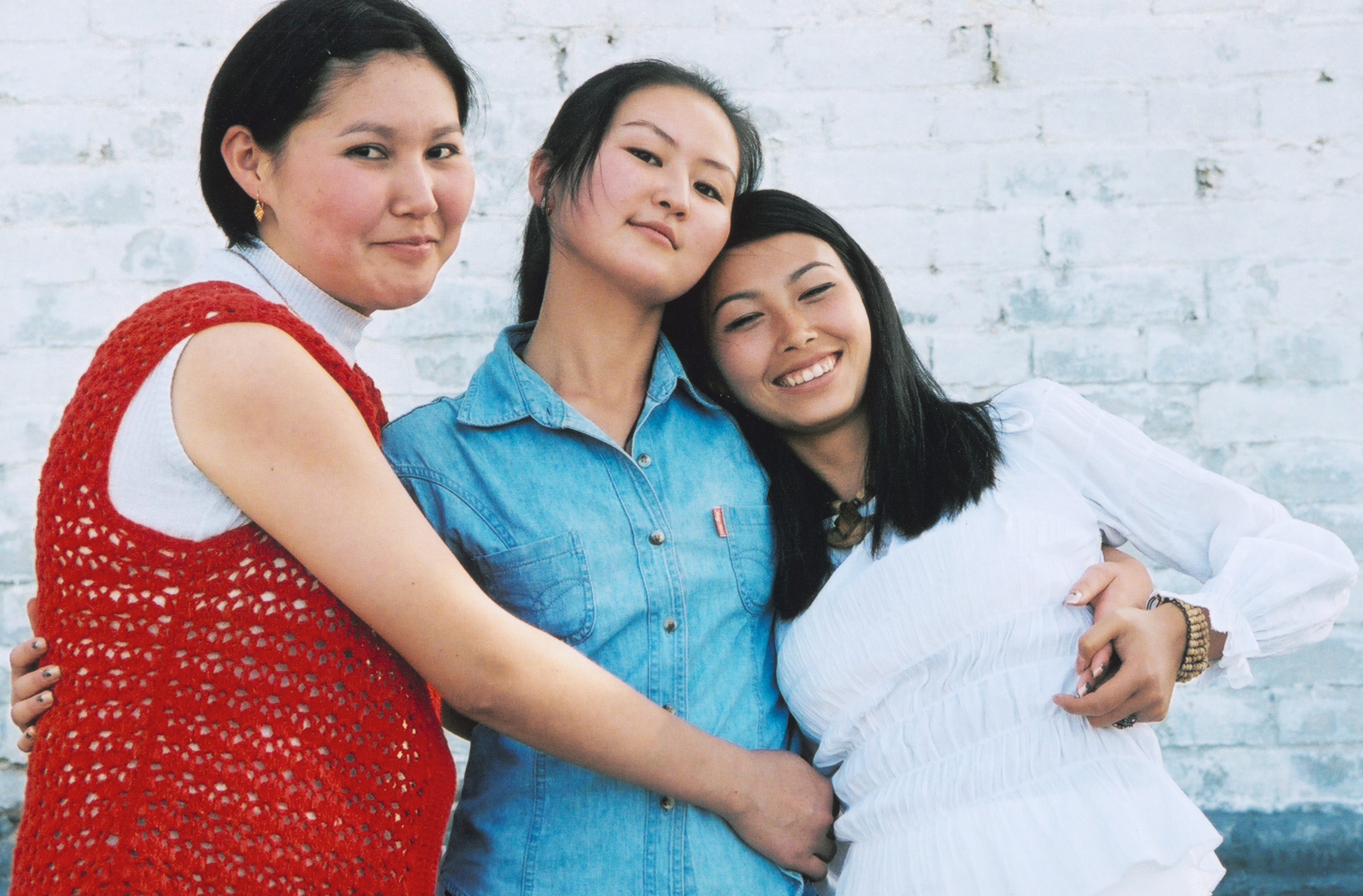
IPPF welcomes new UN commentary on indivisible right to sexual and reproductive health
On International Women’s Day, the International Planned Parenthood Federation (IPPF) has welcomed a new commentary from UN experts which says that the right to sexual and reproductive health is indivisible from other human rights. “It is absolutely right for the Committee to address the issue of sexual and reproductive health specifically, today of all days,” said Tewodros Melesse, IPPF’s Director General. “Sadly millions of women are still denied their basic rights because they are poor, because they suffer discrimination or because they lack legal protection.” The 18 independent members of the Committee on Economic, Social and Cultural Rights said that the right to sexual and reproductive health was not only an integral part of the general right to health, but fundamentally linked to the enjoyment of many other human rights, including the rights to education, work and equality. They said that a lack of care for mothers in childbirth or a lack of access to safe abortion, often leading to maternal death, constitutes a violation of the right to life, and in certain circumstances can amount to torture. “No woman should die in childbirth in 2016 because of a lack of adequate care,” said Mr Melesse. “We know that access to safe abortion saves women’s lives, yet millions are denied that right.” IPPF is a network of sexual and reproductive health and rights organisations in 170 countries that are equipped to monitor and respond to any member of the public who wants information, services, contraception and access to abortion and are available to serve at the first point of response. For further information and interviews contact press office 02079398227
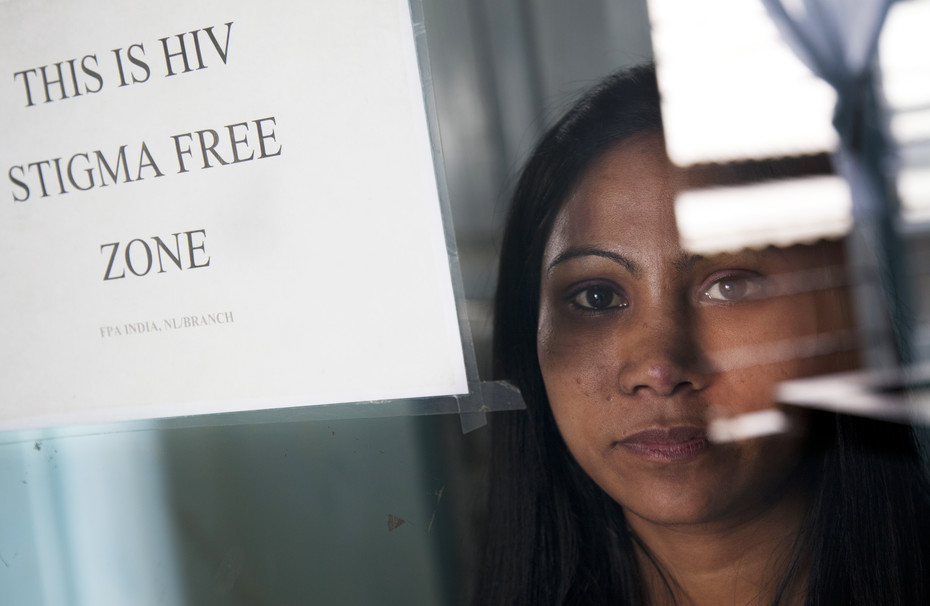
IPPF welcomes European Commission pledge to Global Fund
IPPF welcomes the news that the European Commission has made the first pledge to the Global Fund to fight AIDS, Tuberculosis (TB) and Malaria’s 5th Replenishment – €470 million. That’s an increase of €100 million, or 27 percent, on its previous contribution. "At a time when Europe is facing many budget challenges, this contribution shows great commitment toward global health and ending epidemics as a priority," IPPF’s senior HIV and AIDS adviser Alan Smith said. “Although huge progress in the fight against HIV has been made, there remains much to be done to achieve the end of AIDS as a public health threat by 2030, not least of which is funding the UNAIDS fast track strategy, to which this is a significant contribution. We call on other donors to emulate the Commission in increasing their pledges to global fund” In 2014 IPPF provided 32 million HIV services around the world.
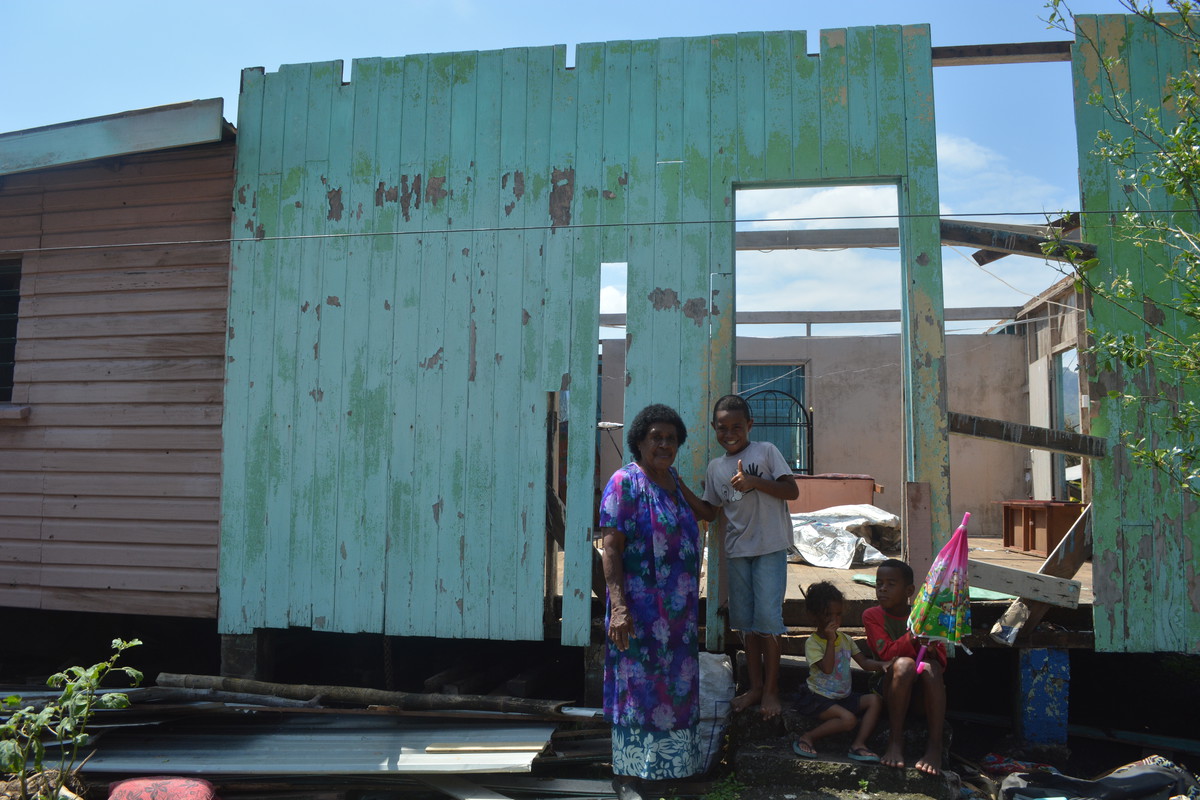
“I have never experienced such a strong cyclone in my 77 years of life.”
“I have never experienced such a strong cyclone in my 77 years of life.” Jokaveti Bavou lives in the village of Drauniivi, in the Fijian province of Ra. It was right in the path of Cyclone Winston, the strongest storm to ever strike the Southern Hemisphere. A week on from the disaster, Jokaveti, her son Jim and her grandchildren are safe. But there is no longer a roof on her house, and precious little left inside. In a village of 910 people, 75 houses were completed destroyed and about 65 damaged. Jokaveti was in her house with her grandchildren when Cyclone Winston arrived. “On Saturday night the winds started to increase. I told Jim that I was not sure of the house; I didn’t believe that it would be able to keep us safe. I told him that if the house started to collapse, we would run to his house for safety.” “The wind was getting stronger and when I looked at the back door, it had blown open. I took a hammer and nail to it. But when I got back to the other room, the main door had blown open and the wind was really strong. Then the wind took the roof off my house.” “I told my granddaughter that everything was terrifying and we needed to go and hide somewhere. It was not safe to be in the house because of the flying debris.” “I got out and my son called out from his house and told us that we should go and hide underneath our house. He tried to come out of his house to save us, but the wind was so strong and roofing iron was flying around.” “I went underneath my house with my grandchildren holding a lamp and stayed there until the wind died. My son’s eyes never left us. Luckily for us a corrugated roofing iron flew and covered where we were hiding. I just cried and continued to thank God for keeping us safe.” “I could sense fear from all of us including my grandchildren. They were crying too. My son kept on calling to check on us until the wind died down.” Miraculously, no-one from Jokaveti’s family or the village was killed or seriously injured. IPPF is establishing centers in the Northern and Western parts of Fiji to provide medical services, especially those that deal with maternal and child health and sexual and reproductive health. It is working closely with the Reproductive and Family Health Association of Fiji (IPPF’s member in Fiji), UNFPA Pacific, Empower Pacific, Fiji’s Ministry of Health and Medical Services. Donate now!
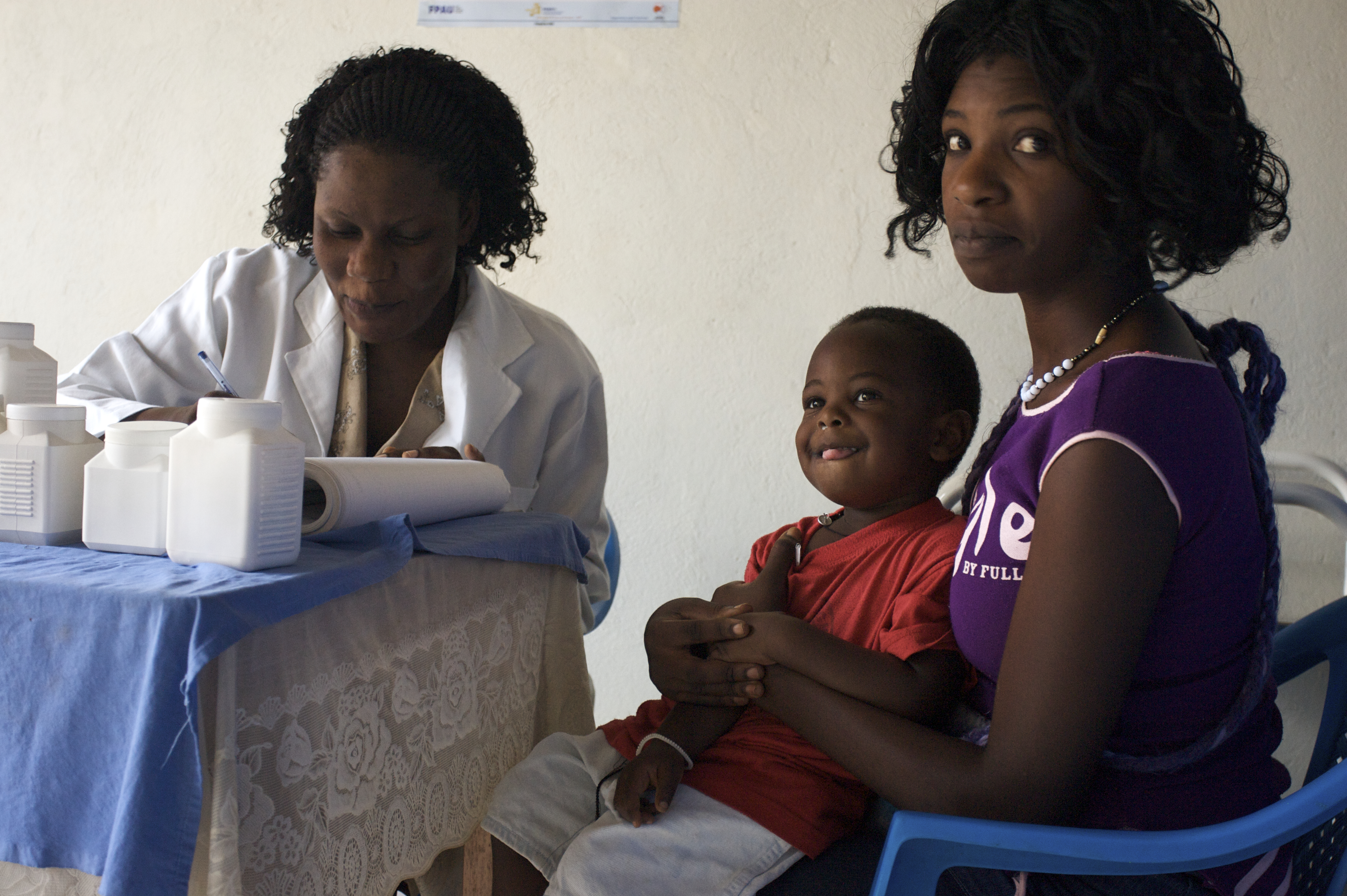
IPPF calls for G7 leaders to prioritize the full range of sexual and reproductive health care services in Universal Health Coverage
18 February, Tokyo:The International Planned Parenthood Federation (IPPF) calls for G7 leaders to prioritize the full range of sexual and reproductive health care services in plans for Universal Health Coverage in their forthcoming Ise Shima G7 Summit in May. IPPF made this call at this week’s G7 Health Experts’ Meeting in Tokyo. IPPF said sexual and reproductive health care (SRH)services are essential because they save lives, are cost effective and offer universal benefits. IPPF highlighted that SRH services are critical to achieving women’s empowerment, equality and full participation in society. These services play a crucial part in the development of resilient health systems that can help reduce the impact of humanitarian disasters. Giselle Carino, IPPF Western Hemisphere Regional Director Designate, who attended at the meeting said: "Governments (public sector) cannot work alone to ensure that no-one is left behind. Locally-owned organizations, such as IPPF Member Associations, are working at the frontline supporting communities, particularly poor and underserved people including women and adolescents, to make a real and sustainable difference in their health status and realize human security. G7 leaders must recognize the role of civil society in health system strengthening and building a new global health architecture". IPPF also calls for: The principle of Universal Health Coverage: that everyone has the right to health without facing financial hardship and no social groups can be left behind. Essential sexual, reproductive, maternal, new-born, child and adolescent health services at the primary care level should be a priority of Universal Health Coverage because investment in these services is among the most cost-effective interventions that a health system can provide. The importance of the social and gender determinants of health should be recognized by mainstreaming gender equality into Universal Health Coverage and national health strategies. Making significant progress on both targets 3.7 and 3.8 would be transformative. Therefore IPPF urges the G7 to prioritize discussion of how these targets can be achieved during preparations for the Ise-Shima summit and in particular calls on the G7 to ensure that sexual and reproductive health services are prioritized in plans for Universal Health Coverage.

What does it take to save a life?
Imagine this: You’re pregnant, living at home, expecting to give birth in a few weeks’ time with the assistance of staff at your local clinic. But then disaster strikes. It could be a typhoon, or a tsunami or conflict. You flee and then find yourself in a makeshift camp where nothing is certain anymore. Bad enough you’ve left everything you own behind. Bad enough you no longer feel safe – you can’t lock a tent door. But you’re relying on people who you don’t know for food – and people you may not trust for security. And how will you give birth? When you hear of populations dislodged, yout think of the immediate challenges of food and shelter. But what about contraception and neo-natal services? What about the dangers of sexual violence that women and girls in particular face? This is why IPPF’s humanitarian arm SPRINT was founded: to ensure access to essential Sexual and Reproductive Health and Rights services for women, men and children in times of crisis. In Syria 46,500 women will suffer gender based violence, including rape, as a result of the ongoing conflict. This shows a great need to ensure that the human rights of women and girls are protected and able to access sexual and reproductive healthcare. The Syrian Family Planning Association is in the front line when it comes to dealing with domestic-based violence – the less-reported consequence of every war. The kind of violence facing one of our clients, Amal. Amal had bruises on her face and was in a fragile state when she was admitted to the Al-Halbouni Health clinic. She had been severely beaten by her husband. The SFPA is committed to involving men to find lasting solutions to issues of gender based violence. Thanks to the integrated package of support services provided by Al- Halbouni clinic to her and her husband, Amal now feels safer. “I feel more aware of my rights, and I know how to find help when I need it,” she said. Women and girls are disproportionately influenced by humanitarian crises exposed to early marriage, trafficking, rape, forced pregnancies, unattended service delivery during complicated pregnancies and delivery. The statistics are shocking: 26 million of the 100 million people are in need of humanitarian assistance, are women and adolescent girls of reproductive age 500 of these women and girls die every day from complications related to pregnancy and childbirths 85 % of those displaced by the 2010 floods were women and children More than 75% of Syrian refugees who fled are women and children Women and girls are 14 times more likely to die in disaster settings than men 7 out of 10 women are exposed to gender-based violence in crises situations unfolding right now. These deaths and violence are preventable. We could stop it by putting money and efforts into an integrated comprehensive package on reproductive health into the standard humanitarian response. Progress in targeting women and girls has been achieved in the past decade. But sexual and reproductive health services are often neglected in humanitarian emergencies and still remain a less universally acknowledged priority. Over the last 10 years, IPPF has reached millions of people during floods, conflicts, earthquakes, cyclones. When health care often collapsed, our Member Associations continued to serve the unreachable, which make three quarters of IPPF clients. All IPPF approaches are bottom-up, that means we build local capacity before, during and after crisis strikes – often engaging young people during humanitarian crisis as peer-peer educators and providers. The good news is the guidelines are developed. We know what needs to be done. What we need now is action from many different stakeholders.
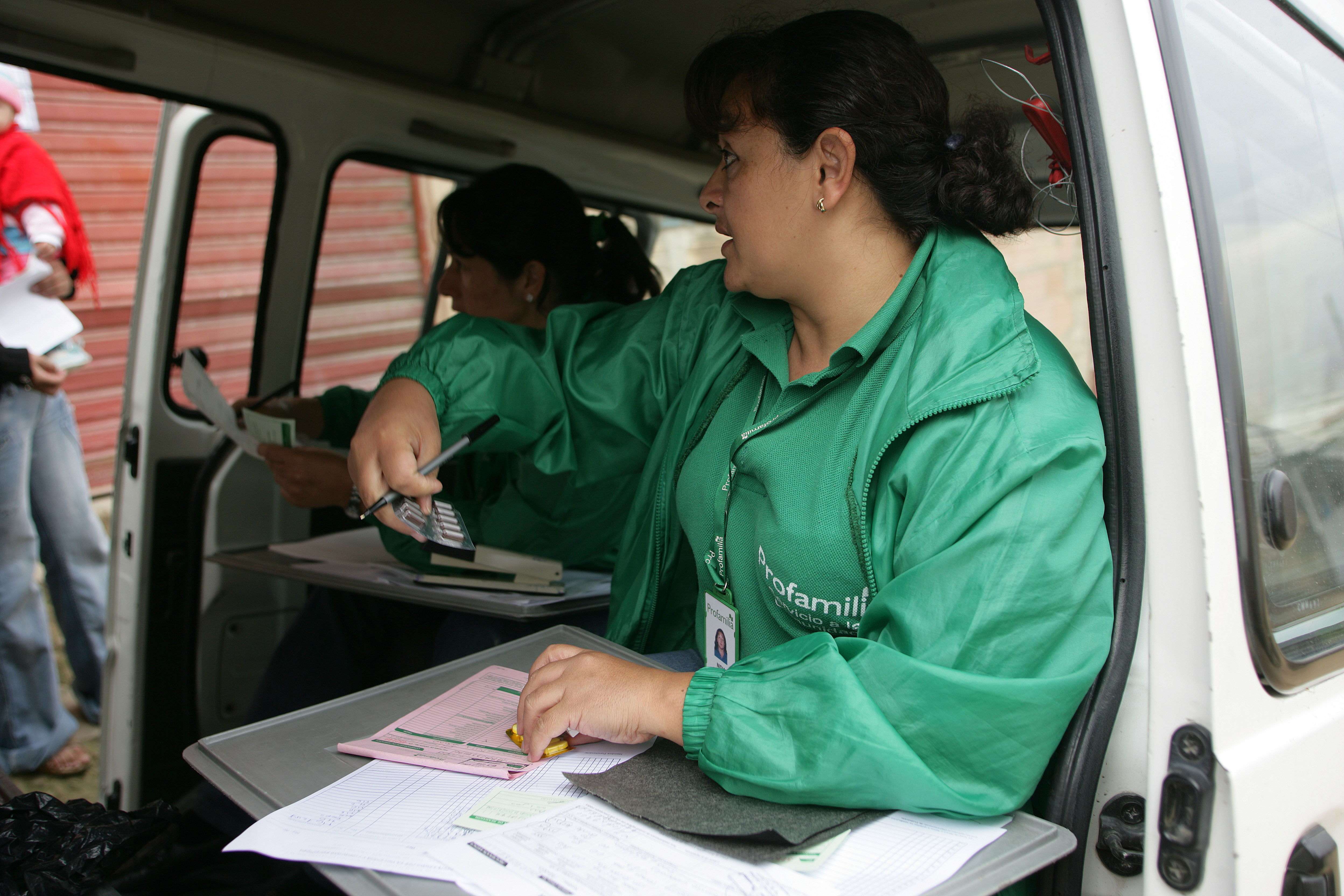
Global response to Zika must provide contraceptives to all says IPPF
As a case of sexually transmitted Zika infection was reported in the US yesterday, the International Planned Parenthood Federation’s (IPPF) Director General, Tewodros Melesse urged that more must be done to ensure contraceptive access is at the forefront of the response. In a statement by IPPF’s Director General, Tewodros Melesse said in response to reports of Zika in Ireland and US yesterday. “The World Health Organization (WHO) on Monday declared Zika a Public Health Emergency of International Concern. Further guidelines are needed for a comprehensive effort to tackle the epidemic. We need more guidance from WHO to ensure that the rights of women are at the forefront of the Zika response. Updates are essential now that sexual transmission is emerging as a potential mode of infection that puts people at risk.” It is clear that further surveillance and research is necessary to confirm if this is a possible mode of transmission. If proved that the Zika virus can be sexually transmitted, it will be important to ensure the integration of sexually transmitted infections (STI) prevention strategies as part of control efforts. The Centres for Disease Control (CDC) reported that it is likely that the infection in the US was transmitted through sexual contact. IPPF will continue to monitor the situation. With this potential for sexual transmission, it is advised to ensure access to condoms and to promote use along with other forms of contraceptive methods. Male and female condoms are effective for preventing unintended pregnancies as well as the transmission of HIV and other sexually transmitted infections (STIs). In response to the calls for women to delay pregnancy in some of the affected countries, Mr Melesse said “It is essential to recognize that women have the right to make decisions about their reproduction, including if and when they have children, but this is not always possible in areas of poverty and where sexual and gender based violence rates are high.” “Delaying pregnancy will not be an option for some, so every response must be tailored to the individual. The Zika response must include a sensitive approach to pregnant women who are concerned and need testing, while access to contraception should be available to all. Governments must ensure that their medical services have the supplies for those whose want it. We recommend that strengthening family planning programs and access to safe abortion services for those women who need it and where it is permitted by law should be included in the strategies for responding to the Zika outbreak.” IPPF is a network of sexual and reproductive health and rights organisations in 170 countries that are equipped to monitor and respond to any member of the public who wants information, services, contraception and access to abortion and are available to serve at the first point of response. For further information and interviews contact press office 02079398227
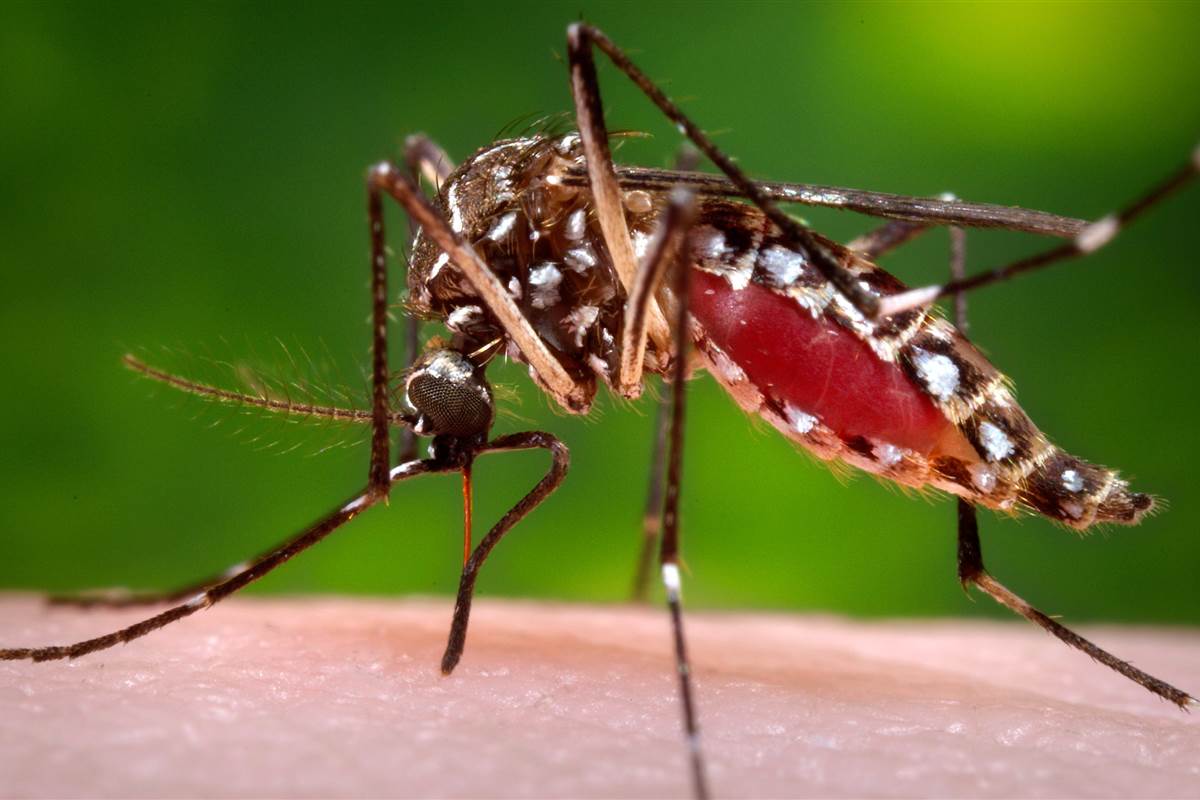
Fight Zika virus with better access to contraception and safe abortion as well as anti-mosquito measures, says IPPF
The Zika virus must be fought with better access to contraception and safe abortion as well as anti-mosquito measures, Tewodros Melesse, Director General of the International Planned Parenthood Federation has said today. In a statement of solidarity with the World Health Organisation, he told WHO Director General Dr Margaret Chan that the IPPF – the largest sexual and reproductive health service network in the world – supported her call for an emergency meeting in Geneva on Monday 1 Feb and was already taking action. “We recognise the urgency and have initiated our response” he said. “The IPPF Western Hemisphere – our region covering South America, the Caribbean and North America - has shared WHO guidelines on Zika with all its Member Associations, partners and staff.” Tewodros Melesse said the IPPF would call on its Member Associations to help lead the global response to the Zika outbreak. “The IPPF is ready to act swiftly, building on our global experience and expertise in sexual and reproductive health.” He stressed Zika’s impact on women, in particular poor and vulnerable women. “In the affected areas approximately half of pregnancies are unplanned. Poor women and women in rural areas are more susceptible to infection and less likely to have access to sexuality education and contraception,” said Tewodros Melesse. In Latin America and the Caribbean, an estimated 23 million women have an unmet need for contraception and account for 75% of unintended pregnancies in the region. Latin America is also home to some of the most restrictive abortion laws in the world. Tewodros Melesse urged that the fight against Zika must include access to contraception and safe abortion. He said: “We recommend that strengthening family planning programs and access to safe abortion services for those women who need it and where it is permitted by law should be included in the strategies for responding to the Zika outbreak.” Notes to editors For more information, please contact the press office on +44 (20) 7939 8227 IPPF International Planned Parenthood Federation (IPPF) is the world’s largest sexual and reproductive health and rights (SRHR) provider.
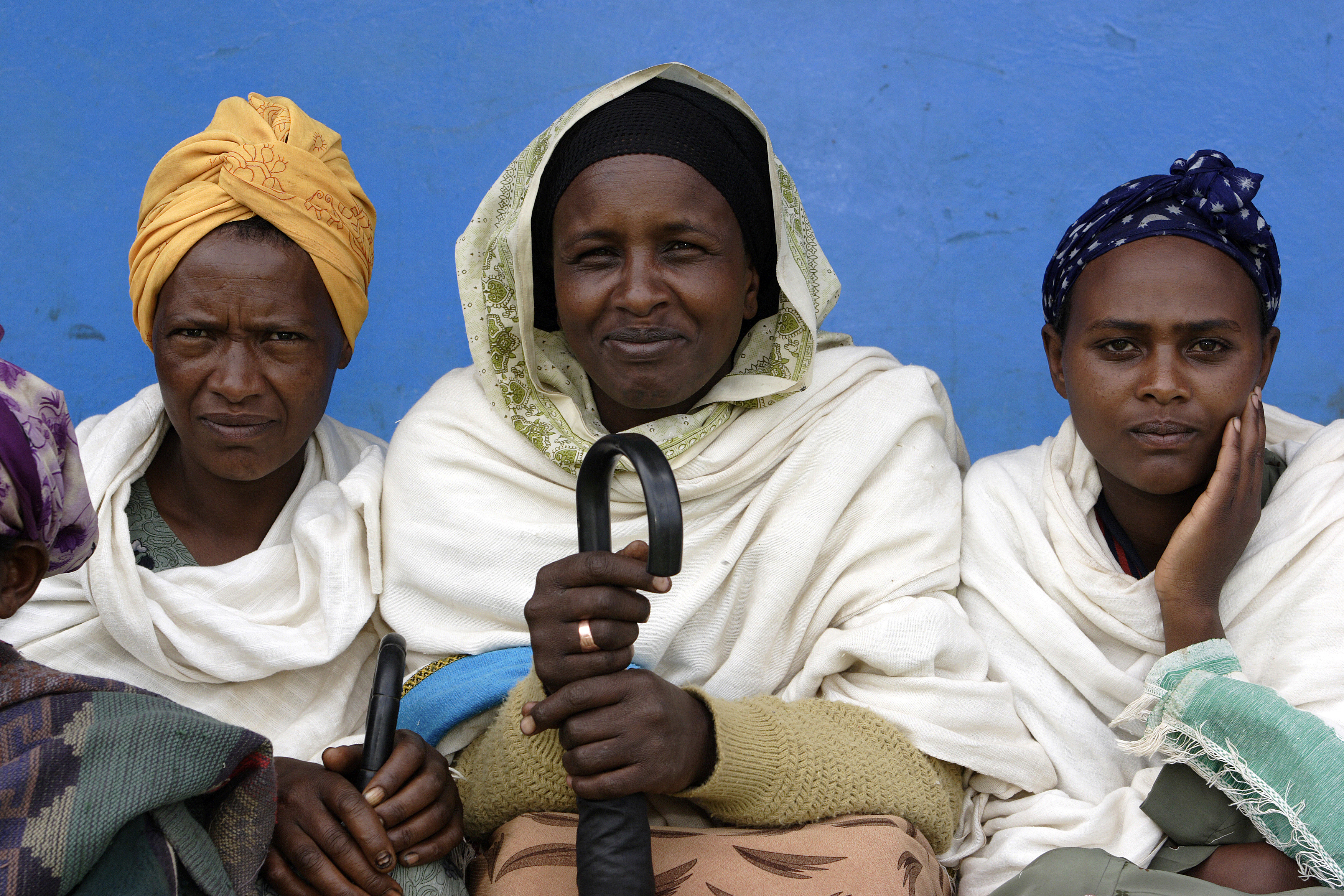
Pledging to reach new contraceptive users: Turning Family Planning into Future Planning for 60 Million Women
The International Planned Parenthood Federation (IPPF) announced its most ambitious pledge ever: to realize the human rights of a further 60 million women to choose freely the size of their families. The pledge was unveiled as IPPF's global contribution to the Family Planning 2020 goal at the International Family Planning Conference in Indonesia today. IPPF is committed to working with Family Planning 2020 and the global family planning community to reach the goal of ensuring 120 million additional women have access to family planning by 2020. The Federation, with the world's largest non-governmental family planning service delivery network, has driven its own performance since the London Summit reaching 15 million new users of modern family planning. IPPF is now upwardly revised its pledged contribution towards the global FP2020 goal. Thank you to @ippf for pledge to serve 60M NEW users of contraception to meet #FP2020 goals! #ICFP — Family Planning 2020 (@FP2020Global) January 28, 2016 Tewodros Melesse, IPPF Director General, announcing the pledge, said “This is not a game of numbers. For us, it's very simple, it can only be about putting women at the front and centre of what we do. I'm delighted by what we have achieved and that we can make this significant and increased contribution through this pledge. Since 2012, IPPF's total reported client numbers increased by nearly 40 per cent. This was achieved by expanding our client base, not by changing who we serve. We have raised investment in family planning and improved our overall performance." Building on this success, IPPF has set an even more ambitious target for new users to contraception. Between 2015 and 2020 IPPF pledges to reach a further 45 million new users in the FP2020 focus countries. This will mean that IPPF will serve a total of 60 million new users between 2012 and 2020, a major contribution towards the FP2020 goal. Dr. Ariel Pablos-Méndez, Assistant Administrator for Global Health and Child and Maternal Survival Coordinator, Global Health Bureau, USAID said on IPPF's announcement,'Community driven approaches increase access for new users to family planning. When offered alongside a basket of primary health services - like those provided by IPPF - poor, young and rural women and men can get the voluntary family planning and other health programs that focus on their needs. This client-focused approach will get us another step closer to our FP 2020 goals and ultimately universal health coverage." “FP2020 congratulates IPPF on this ambitious renewed commitment to advancing the rights of women and girls around the world to decide for themselves when and how many children to have,” said Beth Schlachter, FP2020 Executive Director. “IPPF has been a leader in providing modern contraception to women and girls for decades, and as key partners in the global FP2020 movement they are helping ensure that family planning remains a central part of the global development agenda as we work towards achieving the Sustainable Development Goals and universal access.” IPPF is on target to achieve our goal of doubling the number of services provided by 2015. This is a milestone towards the Federation's commitment to treble the number of its high-impact life-saving and changing sexual and reproductive health services provided by 2020. Between 2012 and 2014, IPPF achieved a significant increase in access for new users of modern contraception. In 59 of the 69 FP2020 focus countries where IPPF is operational, the Federation provided family planning services to 15 million new users in just three years. Our Strategic Framework which started in January 2016, renews and strengthens its commitment to support the rights of women and girls to decide freely whether, when and how many children to have. IPPF will deliver high impact, quality, rights-based, integrated sexual and reproductive health services, including packages that address family planning, safe abortion, prenatal care, STIs/HIV, sexual and gender-based violence and cervical cancer. IPPF will optimize the number of people it can serve by increasing operational effectiveness, expanding provision in humanitarian emergencies and increasing national and global income to provide the increased services. The Federation will also enable the provision of services by other public and private health providers.

Building a movement for change
The International Planned Parenthood Federation (IPPF) today launched its new seven year Strategic Framework which will renew and strengthen its commitment to support the rights of women and girls to decide freely and for themselves whether, when and how many children to have. The Framework was launched at the International Family Planning conference in Indonesia. The Strategic Framework will deliver high impact, quality, rights-based, integrated sexual and reproductive health and rights services – including family planning, safe abortion, HIV, sexual and gender-based violence and reproductive cancers – and support further service provision by public and private health providers. It will help IPPF maximize the number of people it can serve by increasing operational effectiveness, expanding our provision in humanitarian emergencies and increasing national and global income to meet demand. IPPF's Director General, Tewodros Melesse, said launching the Framework “As the largest civil society provider of family planning, we can help meet many of the sexual and reproductive health needs of the Sustainable Development Goals at grassroots level. The new Strategic Framework will help us be more agile and accountable as a Federation, able to make a real impact on sexual and reproductive health and rights on the ground. Our new Framework was developed by our members from across the globe and it will guide their and partners work for the next seven years. At the high level reception with Benoit Kalasa from UNFPA, Dr. Kesete-birhan Admasu the Health Minister from Ethiopia and youth advocate Priya Kath, the IPPF’s Director General Tewodros Melesse announced that it had revised its efforts on family planning to tackle the global goal to reach an additional 120 Million women. IPPF's President, Naomi Seboni said chairing the event, “Every year we help millions of people – last year, that number was almost 62 million. We’re on track to meet our commitments, and we are holding governments to account for the pledges they made. Our new pledge which we will announce on Thursday will help achieve some of the ambition of FP2020 and the new Sustainable Development Goals.” The Strategic Framework is a global joint effort if the ambition of the new goals is to meet the needs of the most vulnerable people. It’s a vision that IPPF is excited about and proud of, that lays out its priorities for the next seven years in four clear outcomes. To get 100 governments to respect, protect and fulfil sexual and reproductive rights and gender equality by galvanising to secure legislative, policy and practice improvements. To engage women and youth leaders as advocates for change. To empower one billion people to act freely on their sexual and reproductive health and rights by 2022. To deliver two billion quality integrated sexual and reproductive health services. We will deliver rights-based services including safe abortion and HIV and enable services through public and private health providers. Over the next seven years IPPF is forging ahead to build a higher performing, accountable and united federation. The Federation is focused to enhance operational effectiveness and double national and global income. It will also build its advocacy and voice by growing its volunteer and activist supporter base. IPPF's mission is to lead a locally owned, globally connected civil society movement that provides and enables services and champions sexual and reproductive health and rights for all, especially the underserved.
Pagination
- Previous page
- Page 14
- Next page






